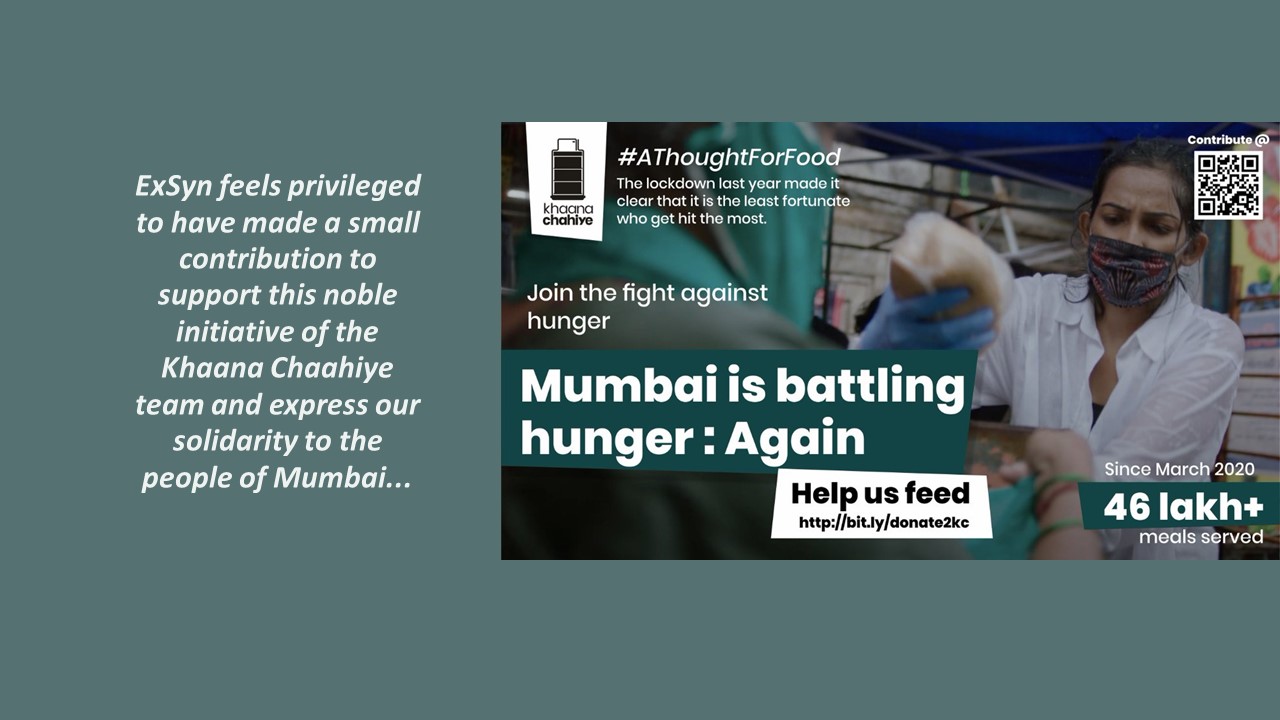A team of driven, concerned, caring citizens who decided to make a difference!
There are lots of tremendously inspiring stories we have come across about people, individually or collectively helping the needy…the people hit hardest since the onset of Covid related lockdowns. One such group of people who have done outstanding work since March 2020 is known as “Khaana Chaahiye“…read about their work & achievements at Khaana Chahiye
#Khaanachahiye
#mumbaingo
#covidindia
#socialcause
#covidreliefindia
#humanitymatters
#hungerrelief
#letsdothistogether
#fightagainstcovid19
#makeadifference
#covid
#support
While fears around a complete shutdown of the Strait of Hormuz primarily raise concerns around oil prices and energy security, recent history shows that even partial disruptions or security threats along key sea routes can quickly spill over into freight inflation, longer transit times and working capital stress for exporters and importers.
The European Union (EU) has agreed to offer Indian pharmaceutical and medical devices companies preferential access to EU market, along with cutting tariffs on 97.5 percent of chemical products to zero.
As we approach the close of this year, we at ExSyn would like to extend our heartfelt gratitude for your trust, collaboration, and continued support. Your confidence in our products and services has been the driving force behind our growth and success.
The U.S. Food and Drug Administration (FDA) today announced significant action to make it faster and less costly to develop biosimilar medicines, which are lower-cost “generic” alternatives to biologic drugs that treat serious and chronic diseases.
Products containing titanium dioxide in the EU are no longer required to carry warnings about cancer risk, after the European Chemicals Agency (Echa) revoked its classification as a suspected carcinogen. The move follows a June 2025 decision by the Court of Justice of the European Union and means that safety data sheets, labelling and packaging requirements for titanium dioxide have been relaxed across industries including paints, pharmaceuticals, cosmetics and food.
The economic impact of biosimilars on the Australian health care system is now clearer, with data revealing their role in reducing market expenditure and driving price competition.
The Chinese Golden Week impacts Ocean Freight Shippers for two main reasons:
Donald Trump’s tariffs of 50% have come into force on most US imports from India. India’s giant generic pharmaceuticals sector and its electronics and petroleum products are exempt from the tariffs. Aluminium, steel and copper remain at 25%, but job-heavy sectors such as textiles, jewellery, seafood and leather are squarely in the line of fire.
The European Chemicals Agency (ECHA) has published the updated proposal to restrict per- and polyfluoroalkyl substances (PFAS) under the EU’s chemicals regulation, REACH. The update has been prepared by the authorities from Denmark, Germany, the Netherlands, Norway and Sweden, who submitted the initial proposal in January 2023.
